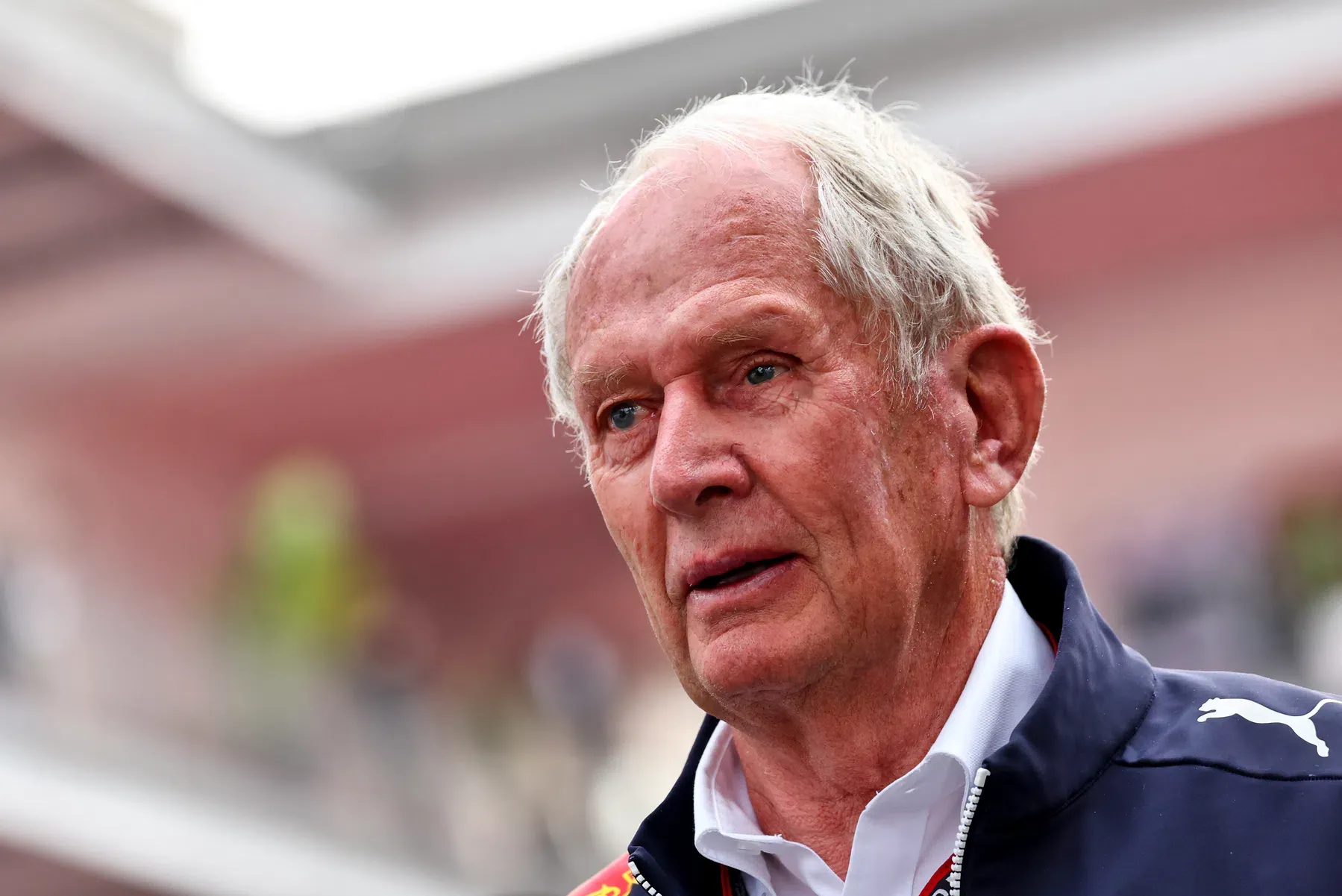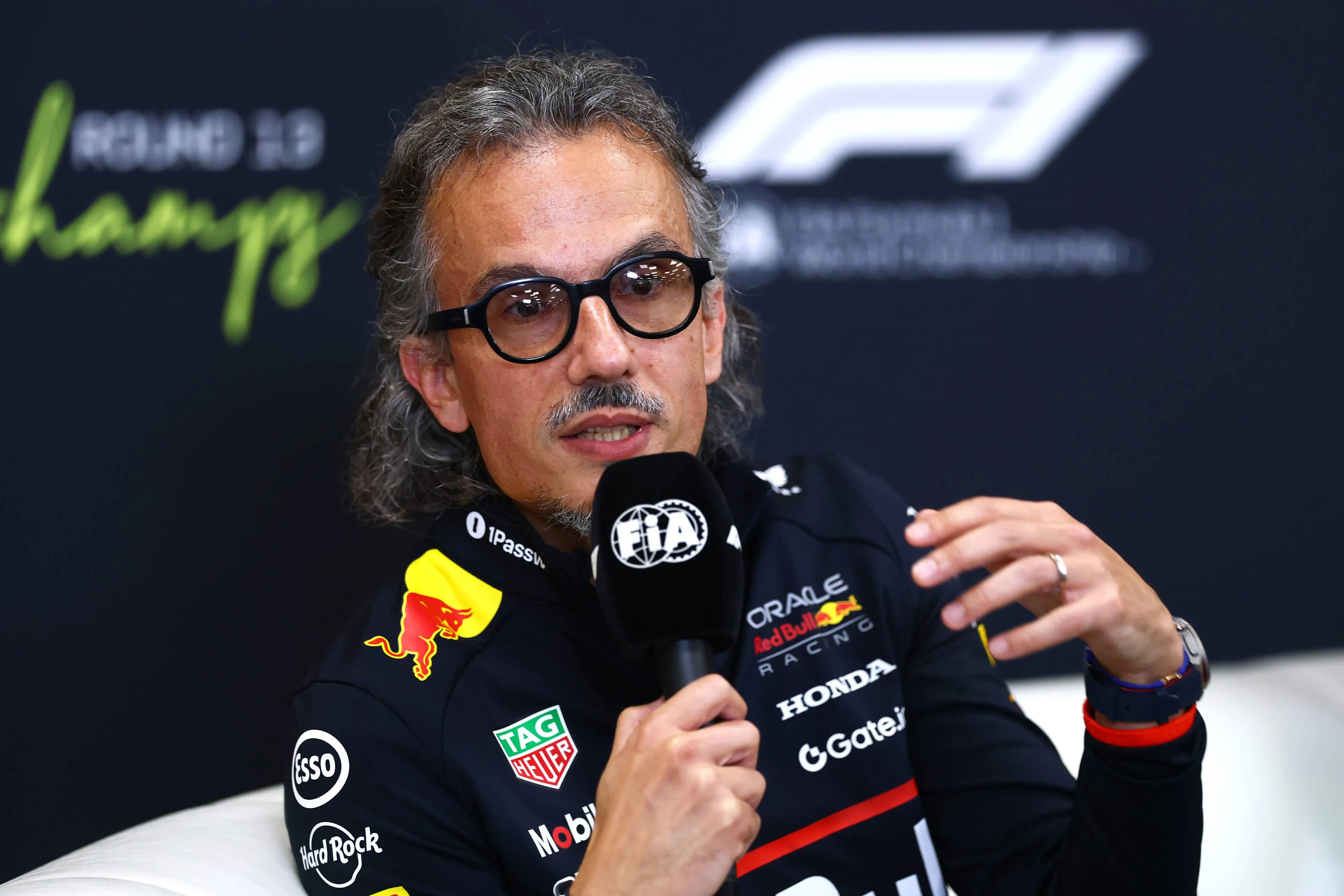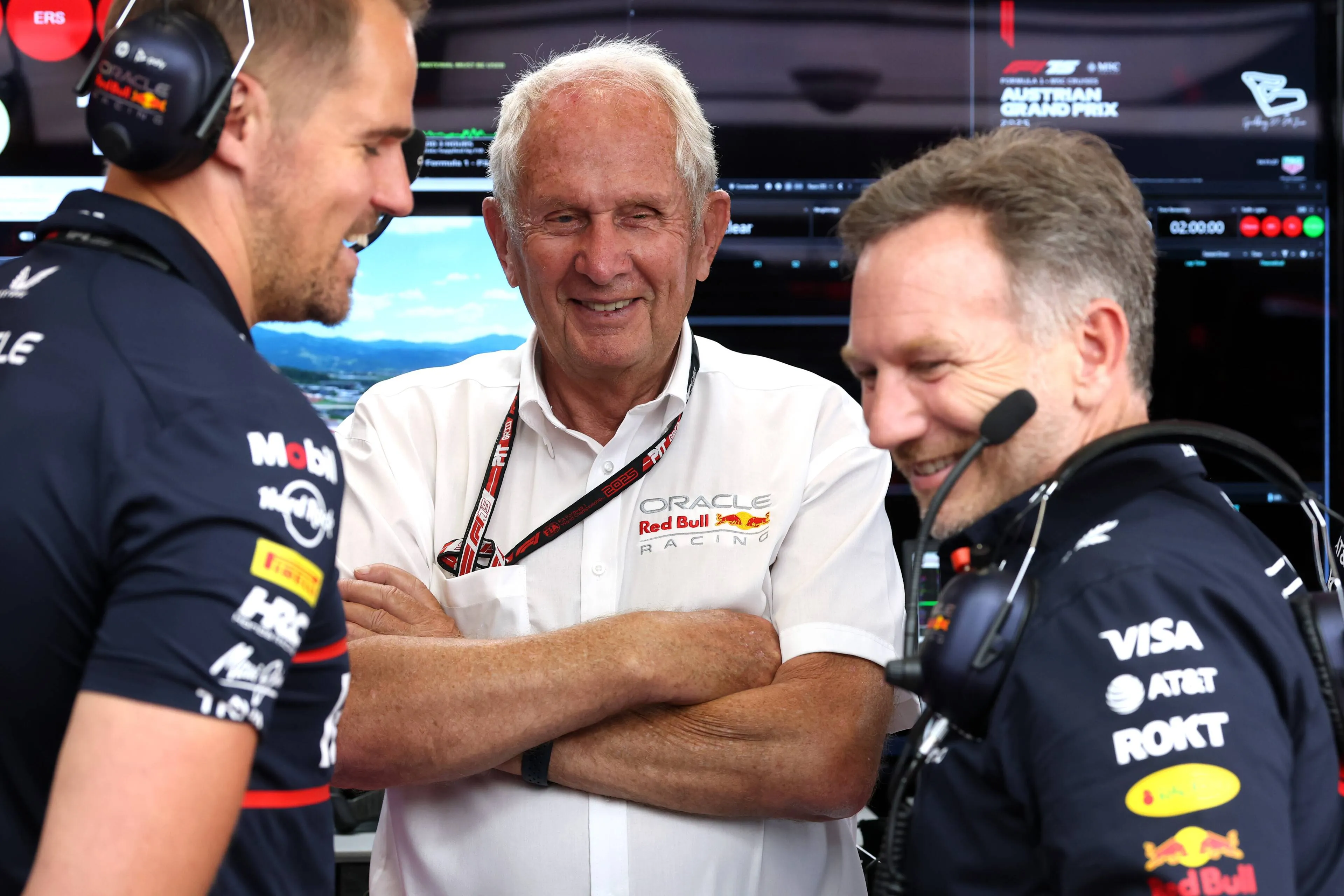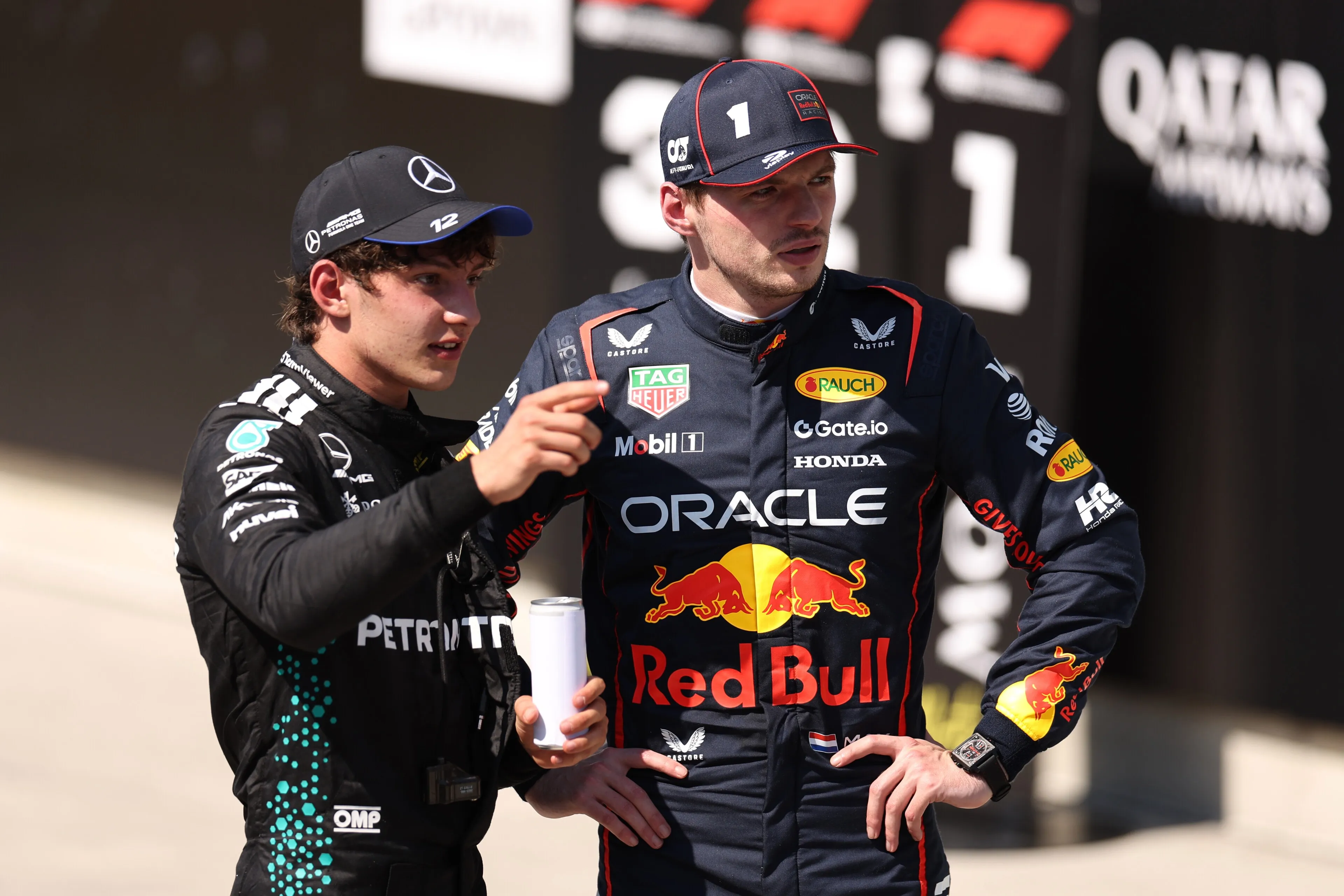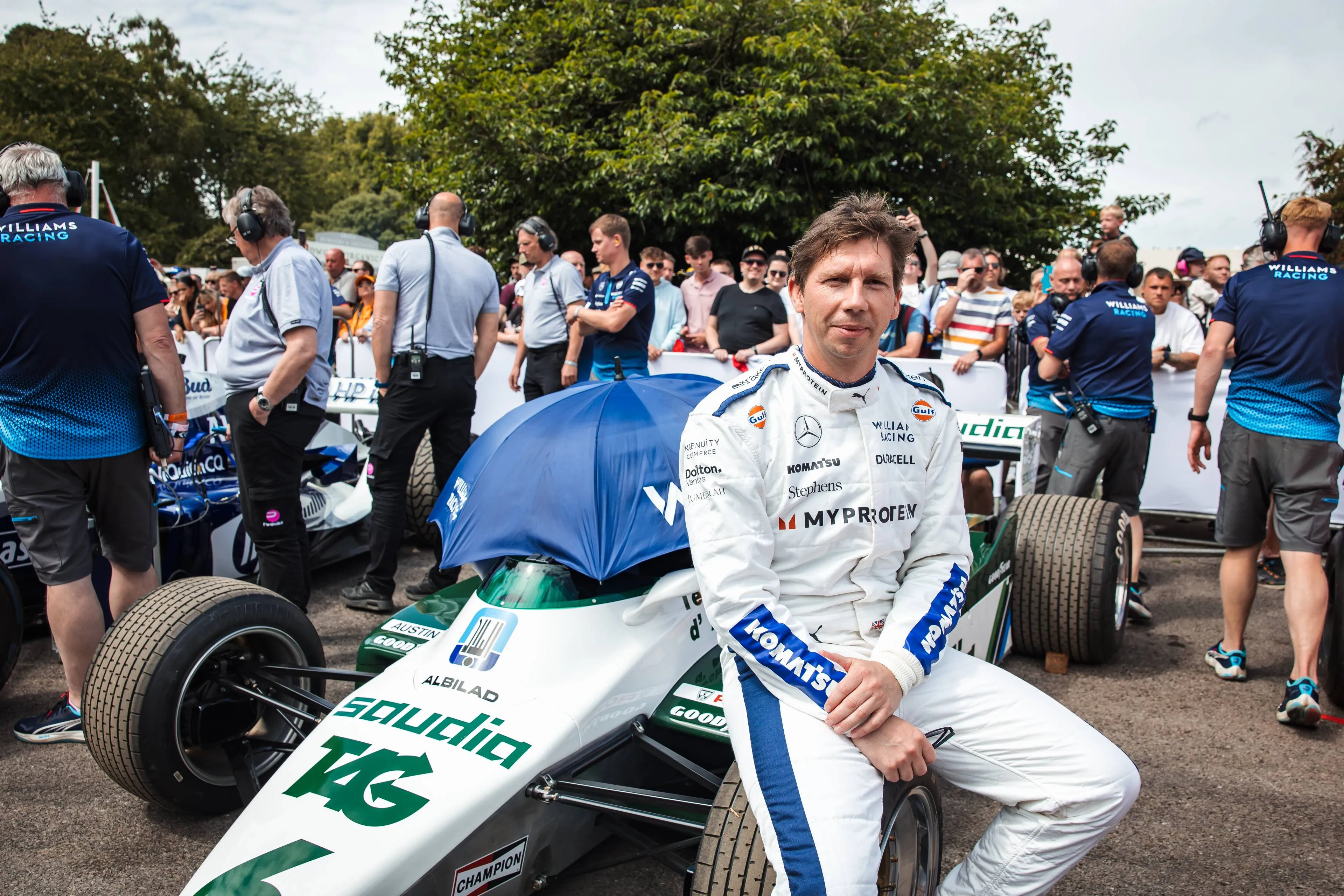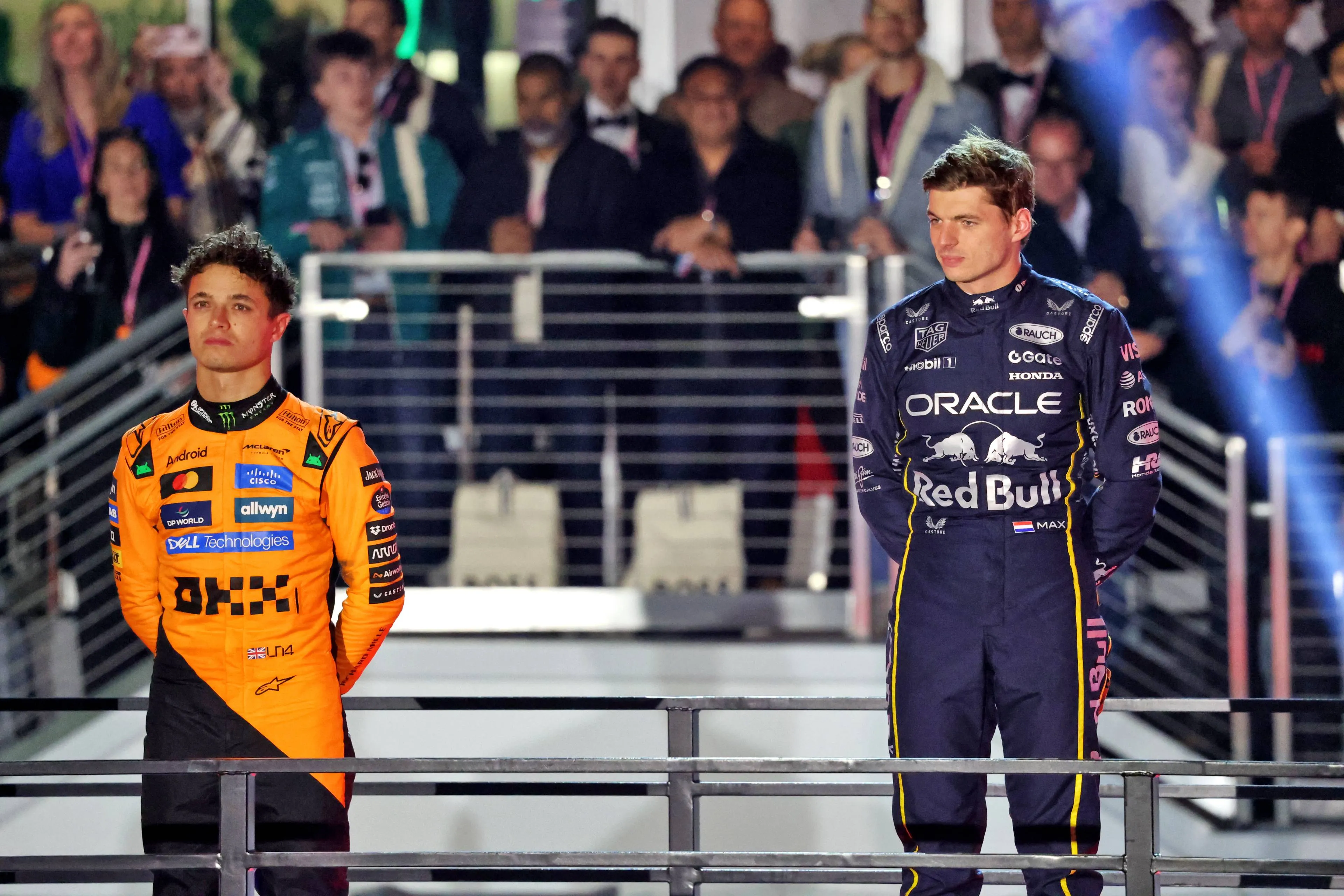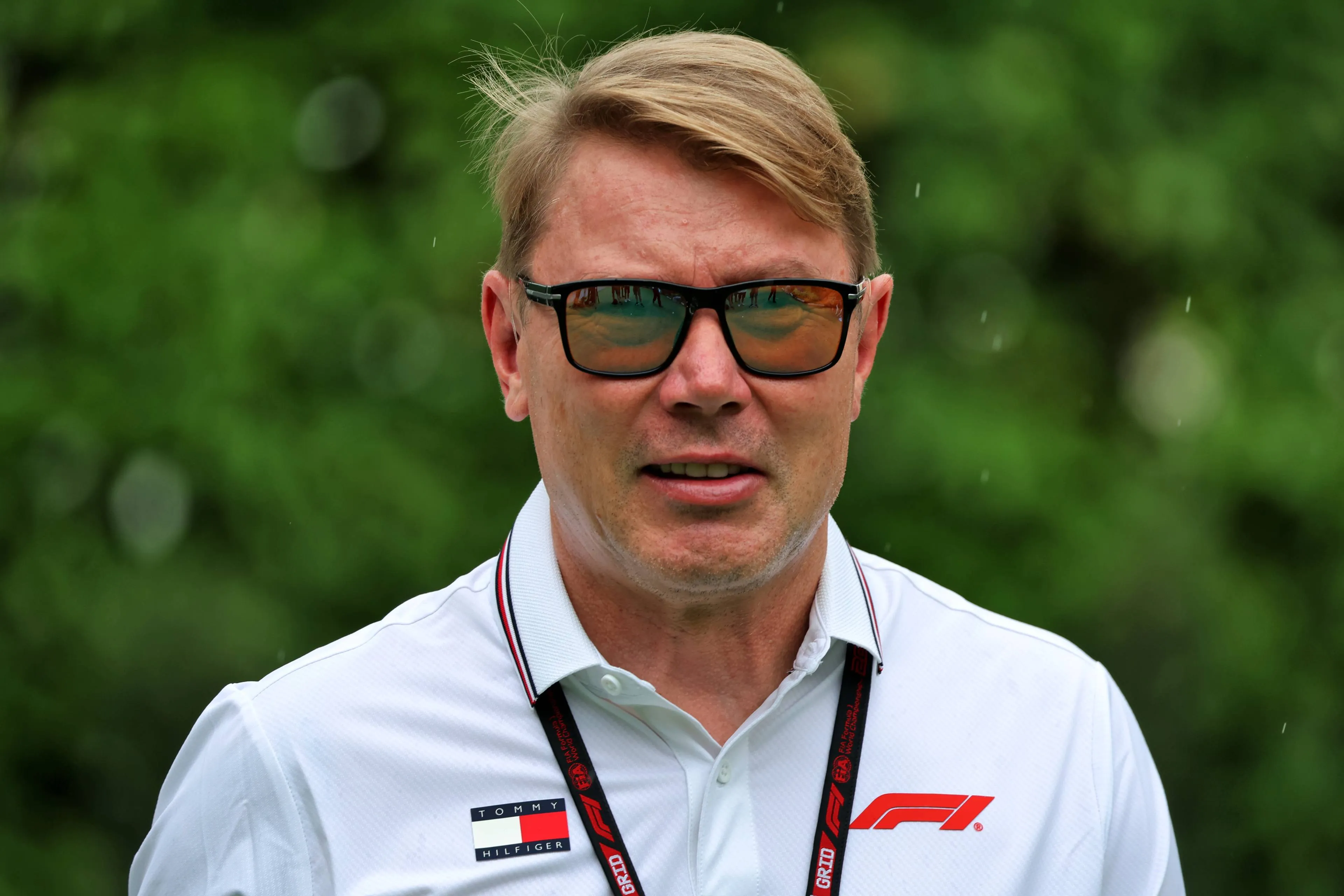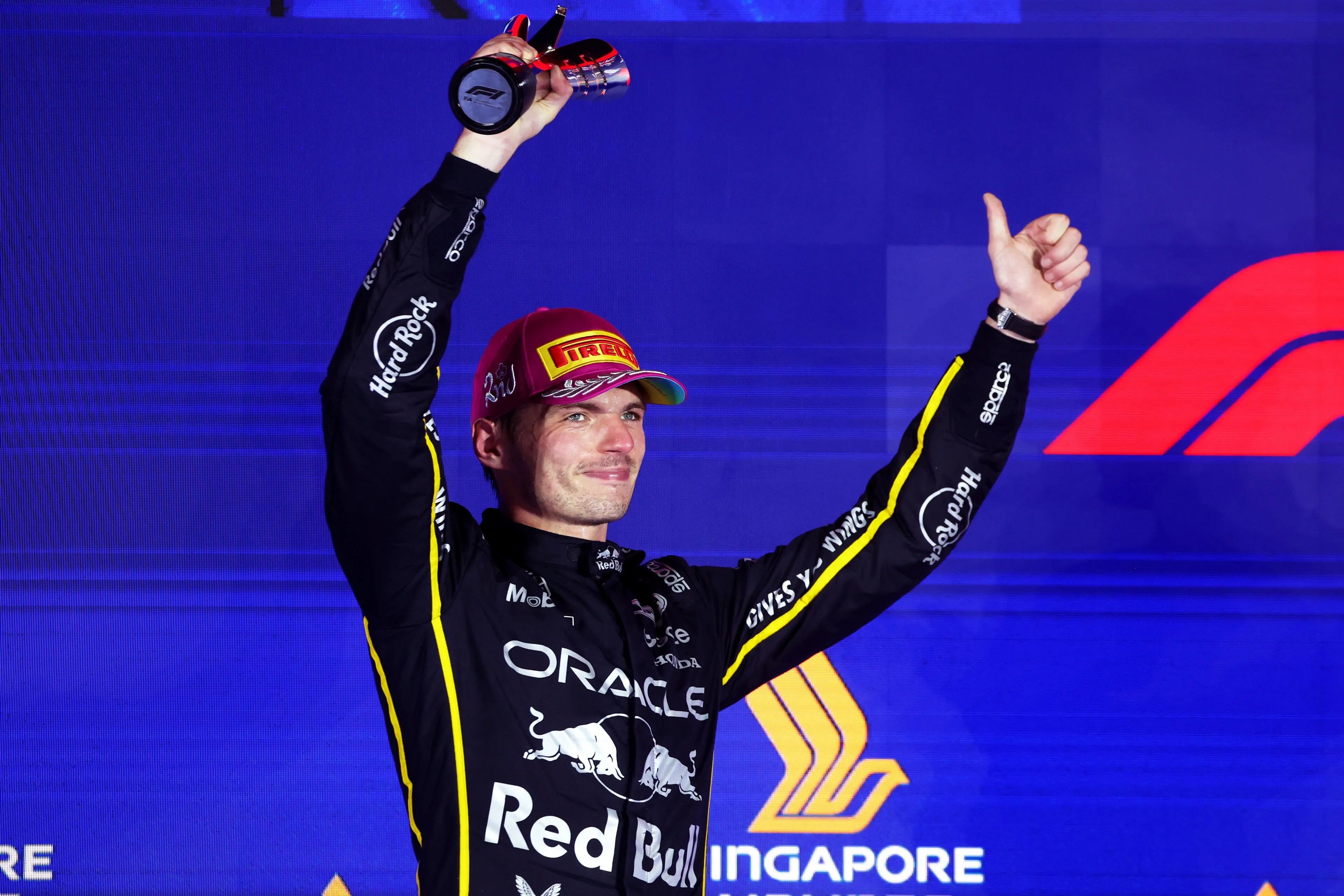Analysis | Power struggle at Red Bull Racing: is something really going on?
20:00, 17 Oct 2023
1 Comments
There are arguments in every marriage, and it always arouses surprise in the outside world. 'But you were the perfect couple!' Disagreements are part of life, especially when you are in a highly competitive world like Formula 1, where the financial stakes are huge. Currently, there seems to be trouble within Red Bull Racing, the team that has dominated Formula 1 for two years. Is there really something going on?
The story by major Brazilian television channel O Globo seemed completely out of the blue last Saturday. Luciano Burti - the former F1 driver who co-authored the article - spoke of disagreements between team boss Christian Horner and external advisor Helmut Marko, and the latter's position at Red Bull was even said to be in question. According to Burti, there is even a board meeting at Red Bull (the group, not the F1 team) in the course of this week about the adviser's future. Although the suggestion is sometimes different, this board may well end the collaboration with Marko.
Marko decides himself 'about quitting'
Helmut Marko himself responded to Austrian medium OE24 on Tuesday to the story that blew over from Brazil, which has since been further fuelled by former F1 driver Ralf Schumacher. For instance, Marko told the journalist that no board meeting was scheduled this week. But it was not so much the denial about his possible departure from Red Bull Racing as the way he contradicted the story. Marko did not refer to 'Christian' when he meant Horner, but called the Briton 'Mr Horner'. "Mr Horner does not decide when I stop, I do that myself," he said.
Marko admitted that there was a struggle for power within Red Bull following the death of Dietrich Mateschitz (co-owner of Red Bull). "People are trying to redefine their power," the Austrian said. Marko did not mention names, but the good listener knows who the former driver was referring to: Mr Horner.
Marko admitted that there was a struggle for power within Red Bull following the death of Dietrich Mateschitz (co-owner of Red Bull). "People are trying to redefine their power," the Austrian said. Marko did not mention names, but the good listener knows who the former driver was referring to: Mr Horner.
Marko always outspoken
Helmut Marko is someone who never minces words. Just ask Sergio Perez. His outspokenness endears Marko to the public; he is authentic. For a billion-dollar company like Red Bull, though, it is sometimes awkward. When Marko loudly questions the South American mentality, accountants think of how many fewer cans of energy drinks are sold because of such a phrase.
Although Marko apologised, the harm had already been done. It is comments like these that can make a board question its cooperation with Marko. They don't just look at how fast Max Verstappen goes around a track thanks in part to Marko, they see the broader picture. Then you think about overall revenues and certainly Red Bull's image. Nice such a world championship, but Red Bull is more, they will think.
Although Marko apologised, the harm had already been done. It is comments like these that can make a board question its cooperation with Marko. They don't just look at how fast Max Verstappen goes around a track thanks in part to Marko, they see the broader picture. Then you think about overall revenues and certainly Red Bull's image. Nice such a world championship, but Red Bull is more, they will think.
What is the truth?
That there is fuss internally at Red Bull Racing is clear after Marko's interview, although many fans will surely doubt it. This is a familiar mechanism in the current times. You see it in politics, for example, as well as in sports. Plenty of people don't believe something because the message doesn't suit them.
To reflect this on Formula 1: Red Bull fans will undoubtedly think that this is about gossip, merely intended to disrupt the champion. Had this been about turmoil at Mercedes, it would have gone down like hot air. As Mercedes fans are feasting just now. But everyone probably also knows that this is Formula 1; nothing stays inside. The positives and, in this case, the negatives.
Whether Marko is telling the whole story? Probably not, because why would he? Does he nevertheless give a small insight into what is going on at the team? Yes, he does. How this is going to end? An equally good, and interesting, question for the time ahead.
To reflect this on Formula 1: Red Bull fans will undoubtedly think that this is about gossip, merely intended to disrupt the champion. Had this been about turmoil at Mercedes, it would have gone down like hot air. As Mercedes fans are feasting just now. But everyone probably also knows that this is Formula 1; nothing stays inside. The positives and, in this case, the negatives.
Whether Marko is telling the whole story? Probably not, because why would he? Does he nevertheless give a small insight into what is going on at the team? Yes, he does. How this is going to end? An equally good, and interesting, question for the time ahead.
Read more about:
Popular on GPBlog
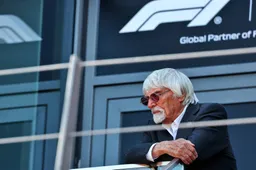
1
Ecclestone pens special note to Verstappen: ‘Best F1 driver I can remember’
7856 times read

2
Mekies shares stark reality of Red Bull’s 2026 project
4557 times read

3
Tsunoda hints at potential return after losing Red Bull seat
1900 times read

4
Alonso puts rivals on high alert with bold Aston Martin 2026 claim
1549 times read
Loading
